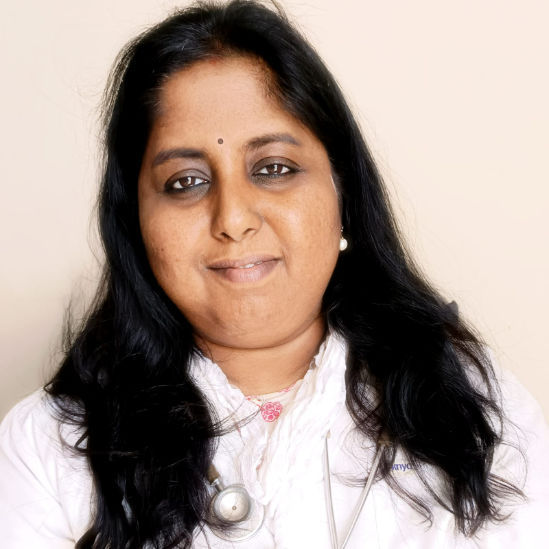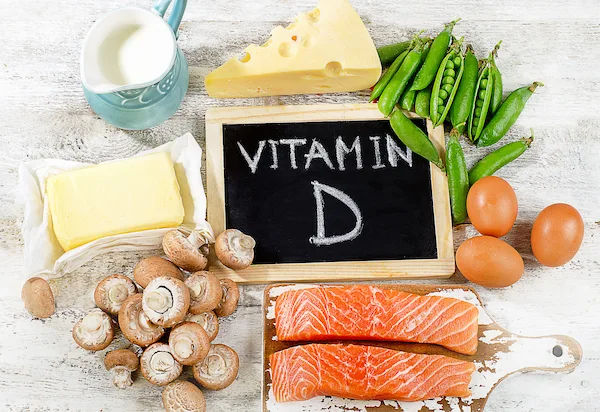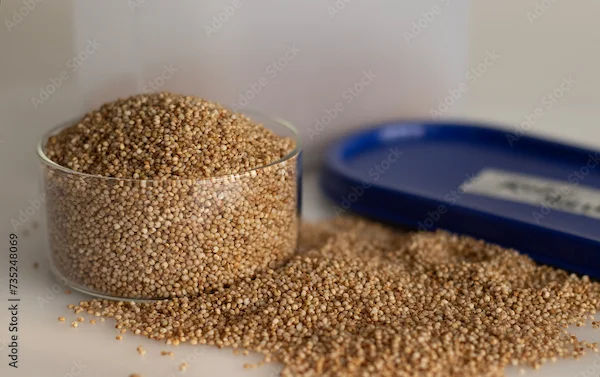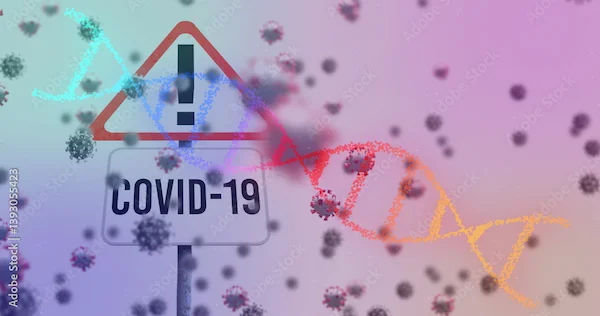Understanding Vitamin D: Benefits and Sources


In this article, we’ll explore why Vitamin D is essential, how to recognize a deficiency, and simple ways to ensure you get enough of it.
Why is Vitamin D Important?
Vitamin D is a unique nutrient because it functions like a hormone in the body. Here’s why it matters:
1. Strong Bones & Teeth: Vitamin D helps your body absorb calcium, which is necessary for healthy bones and teeth. Without enough Vitamin D, bones can become weak, leading to conditions like osteoporosis (brittle bones) or rickets (in children).
2. Boosts Immunity: It strengthens your immune system, helping your body fight infections like colds and flu.
3. Supports Muscle Function: Low Vitamin D levels can cause muscle weakness and pain.
4. Improves Mood & Mental Health: Some studies suggest that Vitamin D may help reduce symptoms of depression and anxiety.
5. Heart & Brain Health: It supports cardiovascular health and may lower the risk of cognitive decline as we age.
Signs You Might Have a Vitamin D Deficiency
Many people don’t realize they lack Vitamin D because symptoms can be subtle. Common signs include:
Fatigue & tiredness (even after enough sleep)
Bone or back pain (especially lower back pain)
Frequent infections (getting sick often)
Mood swings or depression
Slow wound healing
Hair loss
Muscle weakness or cramps
If you experience these symptoms, a simple blood test can check your Vitamin D levels.
Who is at Risk of Vitamin D Deficiency?
Some people are more likely to have low Vitamin D levels, including:
People with limited sun exposure (working indoors, wearing full clothing, or living in colder climates)
Older adults (skin produces less Vitamin D with age)
People with darker skin (higher melanin reduces Vitamin D production)
Those with digestive issues (like Crohn’s disease or celiac disease, which affect nutrient absorption)
Breastfed infants (breast milk has low Vitamin D unless the mother supplements)
Obese individuals (Vitamin D gets stored in fat, making less available for the body)
How to Get Enough Vitamin D
You’ll get enough vitamin D through:
1. Sunlight; The Natural Source
Just 10-30 minutes of midday sun exposure (between 10 AM and 3 PM) a few times a week can help your body produce enough Vitamin D. However, factors like skin tone, location, and sunscreen use affect absorption.
2. Vitamin D-Rich Foods
While few foods naturally contain Vitamin D, some good sources include:
Fatty fish (salmon, mackerel, sardines)
Egg yolks
Fortified foods (milk, orange juice, cereals)
Mushrooms (exposed to sunlight)
3. Supplements
If you don’t get enough from sunlight or food, supplements can help. The recommended daily intake is:
400–800 IU (10–20 mcg) for most adults
Higher doses may be needed for deficiency (as prescribed by a doctor)
Always consult a doctor before starting supplements, as too much Vitamin D can be harmful.
Consult Top Nutritionist For More Health Benefits
Tips to Maintain Healthy Vitamin D Levels
Spend time outdoors: Aim for short, regular sun exposure without sunscreen (but avoid sunburn).
Eat a balanced diet: Include Vitamin D-rich foods.
Get tested: If you’re at risk, a simple blood test can check your levels.
Consider supplements: If advised by a doctor.
When to See a Doctor?
If you suspect a deficiency or have symptoms like persistent fatigue, bone pain, or frequent illnesses, consult a doctor. A simple blood test can confirm your Vitamin D levels, and your doctor can recommend the right treatment.
Need Help? Book a Test or Consultation on Apollo 24|7
If you’re concerned about your Vitamin D levels, you can easily book a blood test or consult a doctor online through Apollo 24|7. Early detection and treatment can prevent complications and improve your overall health.
Conclusion
Vitamin D is essential for strong bones, immunity, and overall well-being. While sunlight is the best source, diet and supplements can help maintain healthy levels. If you experience symptoms of deficiency, don’t ignore them—get tested and take action to stay healthy!
Consult Top Nutritionist For More Health Benefits
Consult Top Nutritionist For More Health Benefits
Ms. Lakshmi Tejasvi
Clinical Nutritionist
14 Years • M.Sc - Clinical Nutrition
Hyderabad
Vibgyor Nutri, Hyderabad

Dr. Bhukya Pavan Kalyan
General Physician
5 Years • MBBS DNB Paediatrics
Bengaluru
PRESTIGE SHANTHINIKETAN - SOCIETY CLINIC, Bengaluru

Dr. Ramalinga Reddy
General Physician
5 Years • MBBS MD General medicine
Bengaluru
PRESTIGE SHANTHINIKETAN - SOCIETY CLINIC, Bengaluru
Dt. Ila Sharma
Clinical Nutritionist
18 Years • Master in food & Nutrition
Gurugram
VIPUL GREENS - SOCIETY CLINIC, Gurugram
Dr Sumanth R
General Physician
2 Years • MBBS
Bengaluru
PRESTIGE SHANTHINIKETAN - SOCIETY CLINIC, Bengaluru




